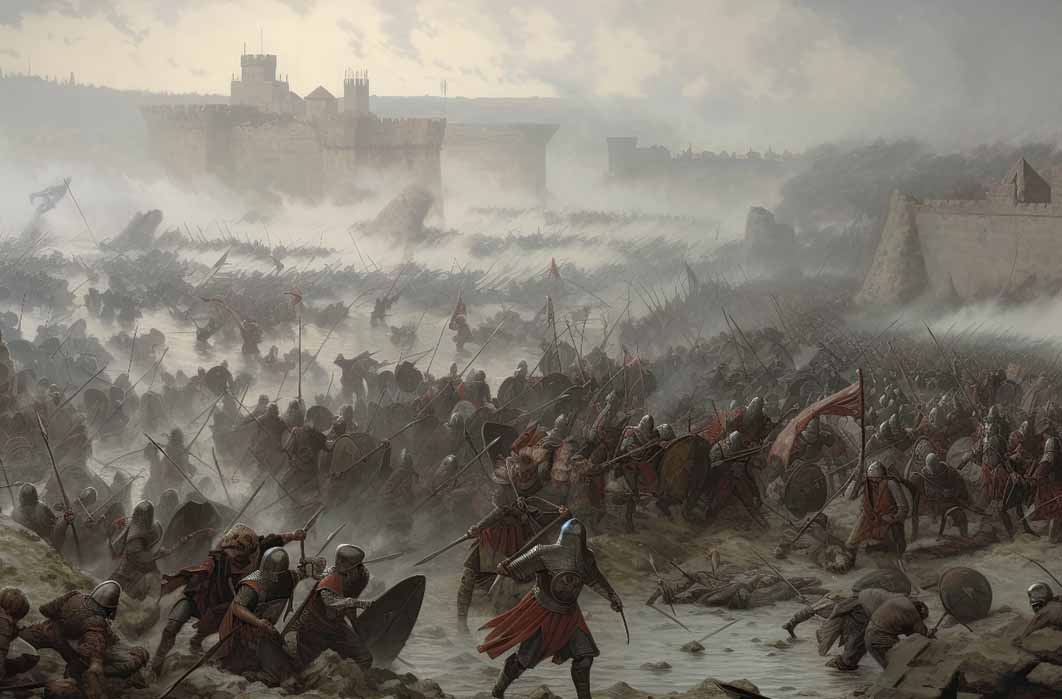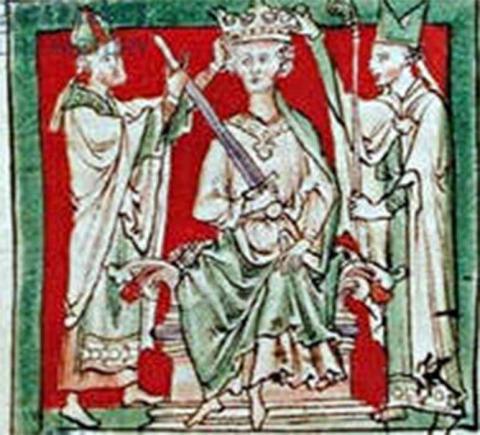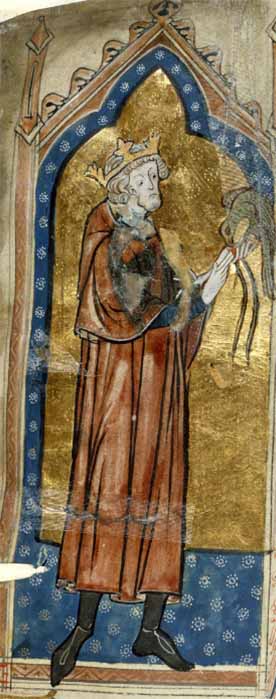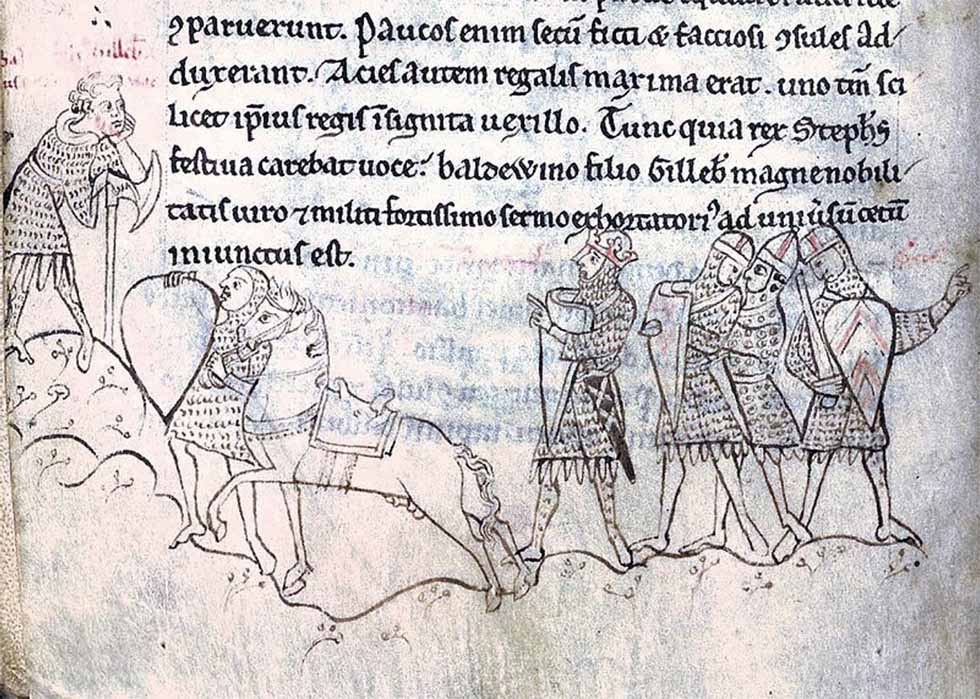
The Anarchy: England’s War Of The Two Matildas
Few periods in history have brought women to the fore, to the centre of events, as the Anarchy did in England. From 1135 to 1154, conflict raged when Stephen of Blois usurped the throne that rightfully belonged to his cousin Empress Matilda, widow of Henry V, Holy Roman Emperor. During the lifetime of King Henry I - Matilda’s father and Stephen’s uncle – Stephen had twice sworn oaths to guarantee the succession for Matilda. But when the time came and King Henry I died on 1 December 1135, Stephen broke those oaths, and had himself crowned King in Westminster Abbey. If he thought Matilda would just accept losing her crown and stay at home with the children, Stephen was sorely mistaken. Pregnant with her third child at the time of her father’s death, Matilda had to bide her time, for a little while. And, as her second husband Geoffrey of Anjou campaigned on her behalf in Normandy, Matilda landed in England in 1138 and her own campaign to claim the crown began. And she nearly won.

A 13th-century depiction of the coronation of King Stephen, by Matthew Paris (Public Domain)
Empress Matilda’s Forces Take Lincoln Castle
The year started well for the Empress. Early in 1141, news reached King Stephen that Ranulf de Gernons, the disgruntled Earl of Chester, had captured Lincoln Castle. Disappointed in his aspirations to Carlisle and Cumberland after they were given to Prince Henry of Scotland, Ranulf had turned his sights on Lincoln Castle, which had once been held by his mother, Lucy of Bolingbroke, Countess of Chester. Countess Lucy had died around 1138, leaving her Lincolnshire lands to her son by her second marriage, William de Roumare, Ranulf’s half-brother. Her lands elsewhere had been left to Ranulf de Gernons, who was the son of her third marriage, to Ranulf le Meschin, Earl of Chester.
It seems that in late 1140 Ranulf and his brother had contrived to gain possession of Lincoln Castle by subterfuge. As the story goes, the two brothers waited until the castle garrison had gone hunting before sending their wives to visit the castellan’s wife. A short while after, Earl Ranulf appeared at the castle gates, wearing no armour and with only three attendants, supposedly to collect his wife and sister-in-law. Once allowed inside, he and his men overpowered the small number of men-at-arms left to guard the castle and opened the gates to his brother. The half-brothers took control of the castle and, with it, the city of Lincoln.

14th-century depiction of King Stephen with a hunting bird (Public Domain)
The citizens of Lincoln appealed to King Stephen, who had promptly arrived outside the castle walls by January 6, 1141, and began his siege. Earl Ranulf somehow escaped from the castle and returned to his lands in Chester in order to raise more troops. He also took the opportunity to appeal to his father-in-law for aid. Ranulf’s father-in-law was Robert, Earl of Gloucester, the illegitimate son of Henry I and brother of Empress Matilda. A very capable soldier, Earl Robert commanded Matilda’s military forces and his daughter, Maud of Gloucester – Ranulf’s wife – was still trapped inside Lincoln Castle. If the need to rescue his daughter was not enough motivation to persuade Robert to intercede at Lincoln, Ranulf also promised to switch his allegiance, and his considerable resources, to Empress Matilda. Robert marched to Lincoln, meeting up with his son-in-law along the way. The Earls’ forces arrived on the outskirts of Lincoln on February 1, crossed the Fossdyke and the River Witham and arrayed for battle. Their rapid approach caught King Stephen unawares. Outnumbered, King Stephen was advised to withdraw his forces, until he could muster enough men to make an even fight of it.
Bad Omen For King Stephen
King Stephen, perhaps remembering the destruction of his father’s reputation after his flight from Antioch, refused to withdraw. He would stand and fight. The next morning, February 2, 1141, before battle was joined, King Stephen attended a solemn mass in the cathedral. According to Henry of Huntingdon, in The History of the English People 1000 – 1154 - who claimed the Bishop Alexander of Lincoln as his patron and thus may well have been present in the cathedral - the service was replete with ill omens: ‘But when, following custom, he offered a candle fit for a king and was putting it into Bishop Alexander’s hands, it broke into pieces. This was a warning to the king that he would be crushed. In the bishop’s presence, too, the pyx above the altar, which contained the Lord’s Body, fell, its chain having snapped off. This was a sign of the king’s downfall.’





